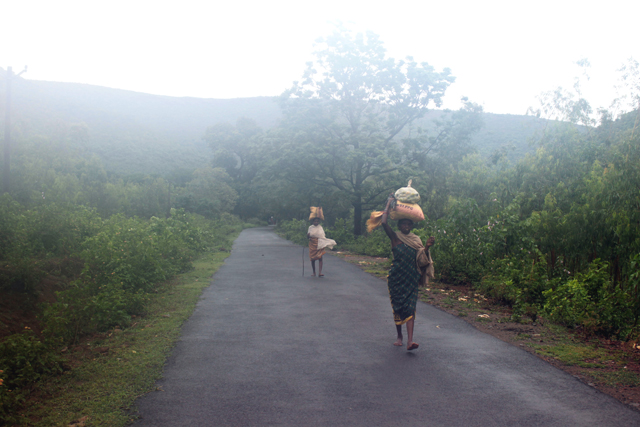Deomali is recognised by FAO as a Globally Important Agricultural Heritage Site (GIAHS), India’s first
BHUBANESWAR: There are many places in Odisha that surprise even casual visitors with their breathtaking beauty and charm. One such place is Deomali or the God of the Mali tribe on Odisha-Andhra border. It is Odisha’s highest point overlooking the beautiful countryside of Koraput.
Deomali is a land of captivating beauty. However, tribal communities that inhabit en route Deomali make the journey more engaging and educative. These communities are considered the original inhabitants of India. They have been carrying forward a legacy of rich and distinct cultural traits for many generations.
One of their important assets is their rich agricultural biodiversity of global importance. Rich in animals and high altitude plants including a variety of orchids, Deomali has remained practically unknown until recently. However, the plateau at its base has been a cradle of indigenous culture and farming heritage of local tribes, such as Mali, Gadaba, Paroja, Kondh, and many more.
Original gardeners
Mali people were originally gardeners and residents of Kashi. They had been brought here by the Rajas of Jeypore to serve the erstwhile kingdom.
From Kunduli, the peak is about 20km. Visitors who reach Kunduli are already at a height of 1000 metres from sea level. On the way one could see local tribal men and women cultivating ginger on red soil near a mountain slope. It could have been a forest now cleared for agriculture.
Influence of Jainism
Nandpur was an influential centre of Jainism in the past. The nearby village of Subaie has a cluster of 10 Jain temples from the 8th century CE. The Tirtha was dedicated to Jain Tirthankar Rsabhanath. At Subaie, one can find a number of sculptures of Rsabhanath and Mahavir. It is known from the Jain scriptures that much before the Christian era, Jain preachers had explored the dense forest tracts of Bastar–Koraput to spread their religion among hill tribes.
The Mali tribe of Deomali–Nandpur has had a deep influence of Jainism. For instance, they are traditionally vegetarian. Even today, Malis worship many of the Jain idols as their Gram Devtas.
It is one of the areas where rice had originated. Even today, the region is celebrated for the genetic diversity of Asian cultivated rice. The traditional varieties grown here are thought to be harbouring dominant genes for biotic and abiotic stresses, aroma and palatability.
The tribal communities around Deomali may not be aware of their merits, but their understanding that has evolved naturally with the changing environment and agricultural practices are recognised by FAO as a GIAHS site (Globally Important Agricultural Heritage Site), India’s first.
